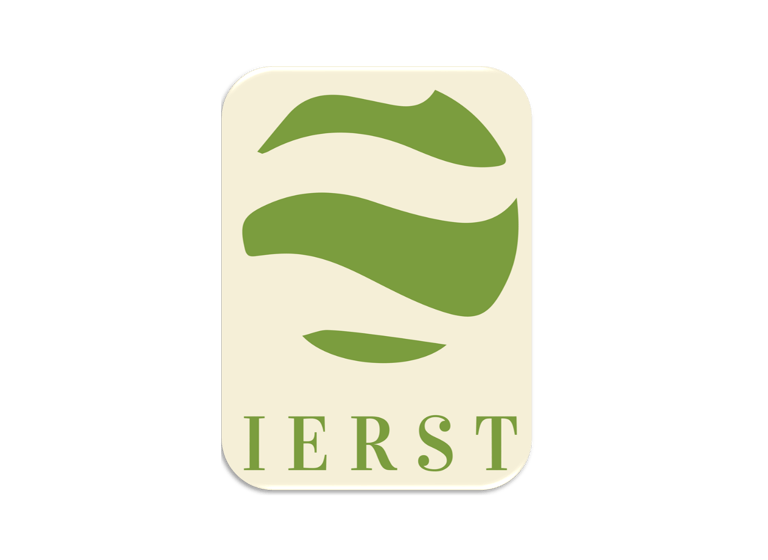Empowering researchers to achieve more
Innovation in education: open schooling practices
Innovation in education: open schooling practices. Open schooling practices have a significant impact on students' problem-solving skills and community engagement in real-world contexts, as evidenced by several studies.
Rose M. DIMASSI PhD
3/10/2025


Innovation in education: open schooling practices
Open schooling practices have a significant impact on students' problem-solving skills and community engagement in real-world contexts, as evidenced by several studies.
The large cross-national study described in [1] demonstrates that open schooling environments foster critical transversal skills, including problem-solving, self-initiative, and authentic learning. The research, which involved 12,074 underserved students across five countries, found that open schooling effectively integrates real-life issues into the curriculum, enhancing students' ability to address real-world challenges [1]. This approach aligns with the CARE-KNOW-DO framework, which emphasizes the development of 21st-century skills and promotes educational equity and sustainability.
However, implementing open schooling practices can present challenges for teachers. [2] highlights six types of problematic situations that teachers encounter when implementing Locally Relevant Teaching (LORET), an open schooling approach. These include difficulties in planning lessons based on sustainability challenges, guiding students through authentic problem-solving processes, and collaborating with non-school partners [2]. These challenges underscore the need for teacher support and professional development to effectively implement open schooling practices.
In conclusion, open schooling practices have the potential to significantly enhance students' problem-solving skills and community engagement by connecting classroom learning to real-world contexts. The CARE-KNOW-DO framework and approaches like LORET demonstrate the effectiveness of open schooling in fostering key skills [1,2]. However, successful implementation requires addressing challenges faced by teachers and providing adequate support to ensure the full benefits of open schooling are realized.
References
1. Okada A, Bizoi M, Torres PL, Panselinas G, Malagrida R. Fostering Transversal Skills through Open Schooling with the CARE-KNOW-DO Framework for Sustainable Education. Sustainability. Multidisciplinary Digital Publishing Institute (Mdpi); 2024;16:2794.
2. Van Poeck K, Lidar M, Lundqvist E, Östman L. When teaching habits meet educational innovation: problematic situations in the implementation of sustainability education through ‘open schooling.’ Environmental Education Research. Taylor & Francis; 2024;ahead-of-print:1–22.
